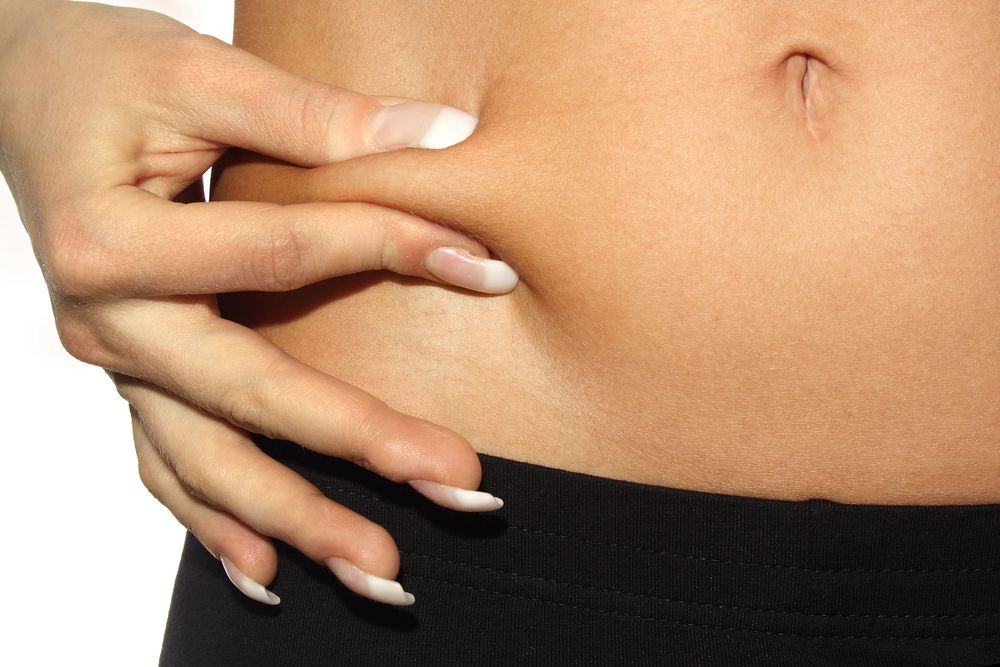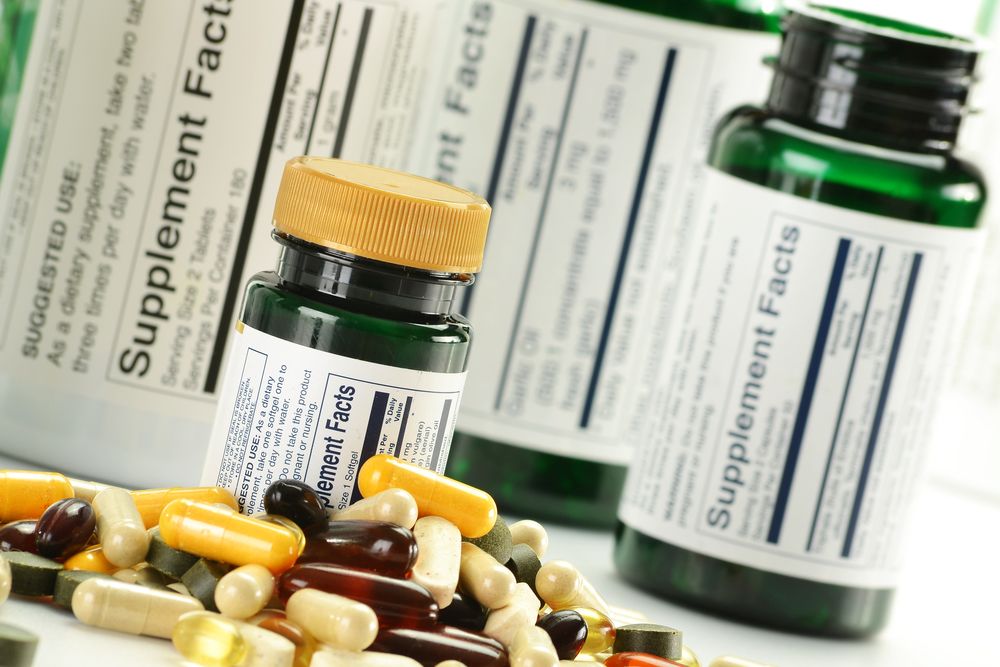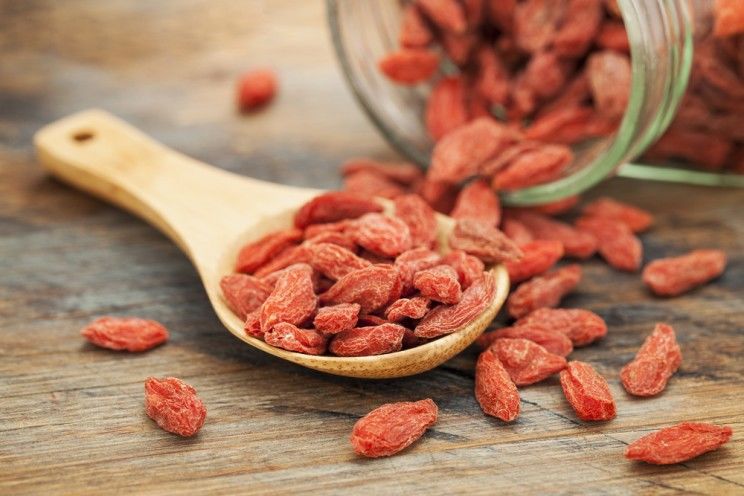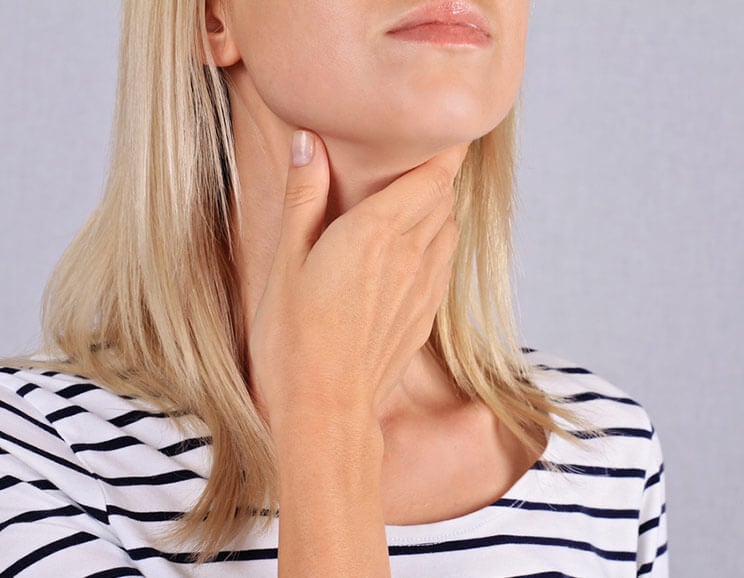A certain minimum of body fat is required for good health. Here’s how to calculate your optimal body fat percentage according to your level of fitness!
Body fat percentage (BFP) is the percentage of fat in your body compared to lean mass (muscle, bone, organs, water, and other non-fat components). A certain minimum of body fat is required for proper bodily functions and life; women require more than men for good health. Generally, the body fat percentage of a person is an indicator of his or her level of fitness.
You might have a couple questions when it comes to your body fat percentage, like:
What’s a reasonable body fat percentage to have?
How do I figure out my own body fat percentage?
Essential Body Fat
As mentioned, there is a minimum amount of body fat percentage required for health. This is called “essential fat” and anyone who drops below this level risks his or her health. Essential fat levels for a man are between two and five percent; for a woman, it’s between 10 and 13 percent. Women who drop below around 15 percent risk fertility problems, which can lead to a whole host of other problems later in life.
Body Fat Put Into Perspective
If you’re interested in knowing what those amounts of fat look like, all you have to do is look at photos of professional bodybuilders in competition shape. A very lean male athlete in top condition (“athlete level) could sit around 10 percent, while a female with similar appearance would probably be between 14 and 20 percent. A man at 30 percent looks much heavier than a woman at 30 percent body fat.
As an aside, in case you’re thinking “man, those bodybuilders sure are lean!” it’s true. They are…and they certainly don’t sit at that level year-round, because it would be extremely unhealthy, unsafe, and unrealistic. For the rest of the year, these competitors sit at a higher body fat percentage(likely in the “athlete” range) and so their organs all work properly.
Ideal BFP
So, really, what does that mean in real life? Basically, if you’re not a bodybuilder or a high-level athlete, you’re going to be in the “obese” to “fitness” range, which is anywhere from 26 percent down to between 14 to 17 percent for men or 32 percent down to between 21 and 24 percent for women. Somewhere in the middle of these numbers is the “acceptable” range, which is where it’s most likely your doctor would like you to sit.
If you want to look really defined, with visible abs, you’ll probably have to sit in the “athlete” level of BFP. Anyone else who wants to be fairly lean but doesn’t require ultra-definition will probably sit in the “fitness” level , which is 14 to 17 percent for men, and between 21 and 24 percent for women.
Looks Can Be Deceiving
Just because you’ve got low body fat percentage doesn’t mean you’ll look like an athlete, though. A really skinny, non-muscular person with low body fat certainly isn’t going to look the same as someone with the same body fat but with more muscle tone. Body fat percentage is only part of the equation.
How to Determine BFP
To be honest, body fat percentage isn’t that easy to accurately judge. Most people are way off in their estimates, and most methods used are highly inaccurate. There are seven commonly used methods, each with their own fallacies and varying rates of cost:
Body Fat Calipers
You can get a set of calipers for under $10 but these aren’t as easy to use as some people think. If three different people took your body fat measurements using the same caliper set, you’re likely to get three different numbers. So how does it work? It’s pretty simple: you pull fat away from your muscles at different parts of your body, and measure what’s there. Then you compare the results with a chart. The caliper method tends to underestimate BFP.
Use Your Eyeballs
If you’ve seen enough people at different percentages, you can often make a decent estimate. This is also highly subjective, of course, but it’s free.
Water Displacement
This is probably one of the most accurate methods (usually to within one and three percent) but it’s expensive and isn’t the easiest method to use.
Measurement Method
There are a couple different measurements you can use to determine your BFP. The US Navy has an online calculator where you input certain measurements and it tells you an approximate BFP. It’s not horribly accurate but it will allow you to track changes over time.
Biometrical Impedance Analysis
Otherwise known as a body fat scale, you can buy one of these at any fitness store. It’s a regular digital scale but you stand on it with your bare feet and it sends an electrical current through your body and tells you your body fat percentage. These are highly inaccurate and really aren’t worth your money.
Bod Pod
This is a mostly accurate method and uses air displacement to figure out your density, body mass, and volume. It can be pricey, though, running you around $75 a pop.
DEXA Scan
This is the most accurate method but it requires the use of dual x-rays. If you’re not keen on exposing your body to 10 minutes worth of radiation each time, then you probably want to avoid DEXA scans. If you’re fine with the assumed risks, then a DEXA scan will set you back between $100 and $250.
So Which Method Should You Use?
For the money and level of accuracy involved, the Bod Pod method is probably your best bet. If you don’t want to shell out the cash, then a decent pair of calipers should work as long as you take the time to learn how to use them properly. In combination with that, you should take photos of yourself at regular intervals and learn to judge BFP by eye.
One thing to note: always test yourself at the same time every day, under the same circumstances.



 Sautéed Bacon, Mushrooms, and Herbs Recipe
Sautéed Bacon, Mushrooms, and Herbs Recipe






Show Comments